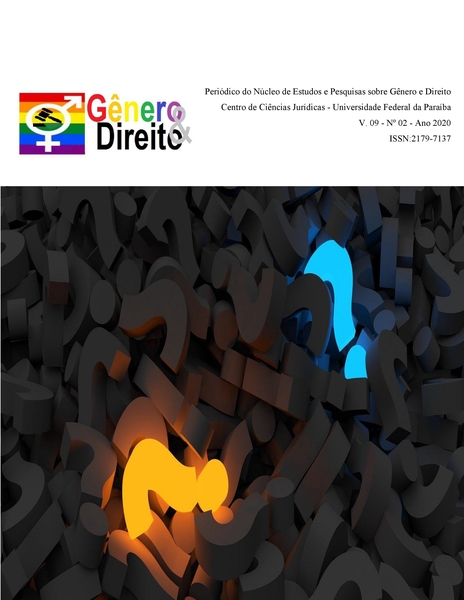STRUCTURAL PROBLEMS İN THE ENLİGHTENMENT PROGRAMS OF AZERBAİJANİ TELEVİSİON
DOI:
https://doi.org/10.22478/ufpb.2179-7137.2020v9n2.50821Palavras-chave:
Azerbaijani television, enlightenment programs, structural problems, fabula-plot-composition-languageResumo
The article analyzes the various problems of fabula-plot-composition-language and styling, which are the main elements of the structure that ensure the excellence of enlightenment teleprograms and the purpose of the enlightenment programs and the requirements given to it in modern times are brought to the spotlight. Analyzing the content of programs broadcast on various channels of Azerbaijani television, the mechanisms of organization and creation of programs from the audience and professional context are highlighted. The article draws attention to the purpose of developing educational programs and what needs to be done in order to implement this service, and clarifies the ideological and policy orientation of television education activities and programs. It is concluded that, as in all areas of the Mass media, the social impact of a television product produced on television as a result of its creative activity can lead to the achievement of social goals
Downloads
Referências
Brosius, H.B. (1989). Influrnce of presentation features and news content on learning from television news. Journal of Broadcasting and Electronic Media, 33, pp. 11-12
Garadaghlı Vugar. (2014). “The ether is defined by the audience, not us.” // Axsam.az, Baku, 25 november
Ahmadli N.A. (1994, 1995). Did you have national TV in Azerbaijan? Have got? Will it? // “Azadlig” newspaper, Baku, 22, 26 november, 6, 15 and 20 december; 3 and 14 february, 14 march.
Grabe, M. E., Lang, A., Zhou, S., and Bolls, P. (1998). The impact of education on information processing: An Experimental investigation of the knowledge gap. Avialeble:http:nimbus.temple.edu.mlombar. infoSys.
Grabe, M.E., Lang, A., Zhou, S., and Bolls, P.(2000). Cognitive access to negatively arousing news: An experimental investigation of the knowledge gap. Communication Research, 27(1), pp. 3-26.
Mehdiyev R.A. (2009). The ether place of Azerbaijan: problems and tasks // The Azerbaijani newspaper. Baku, 2 october.
Mammadli J. (1999). Speaker's style on television // Newspaper No.525, Baku, 13 february.
Nurlan Agha. (2015). It is necessary to take into account the typological character of ITV and AzTV. Interview with Prof. J.Mammadli. // İnformator.Az, 12.03.
Assimilation. Psychology (1990). Dictionary Under. Total Ed. A.V. Petrovsky, G. Yaroshevsky. 2nd ed., Moscow: Politizdat.
Freilich S. (2002). Theory of cinema: from Eisenstein to Tarkovsky. Moscow: World

